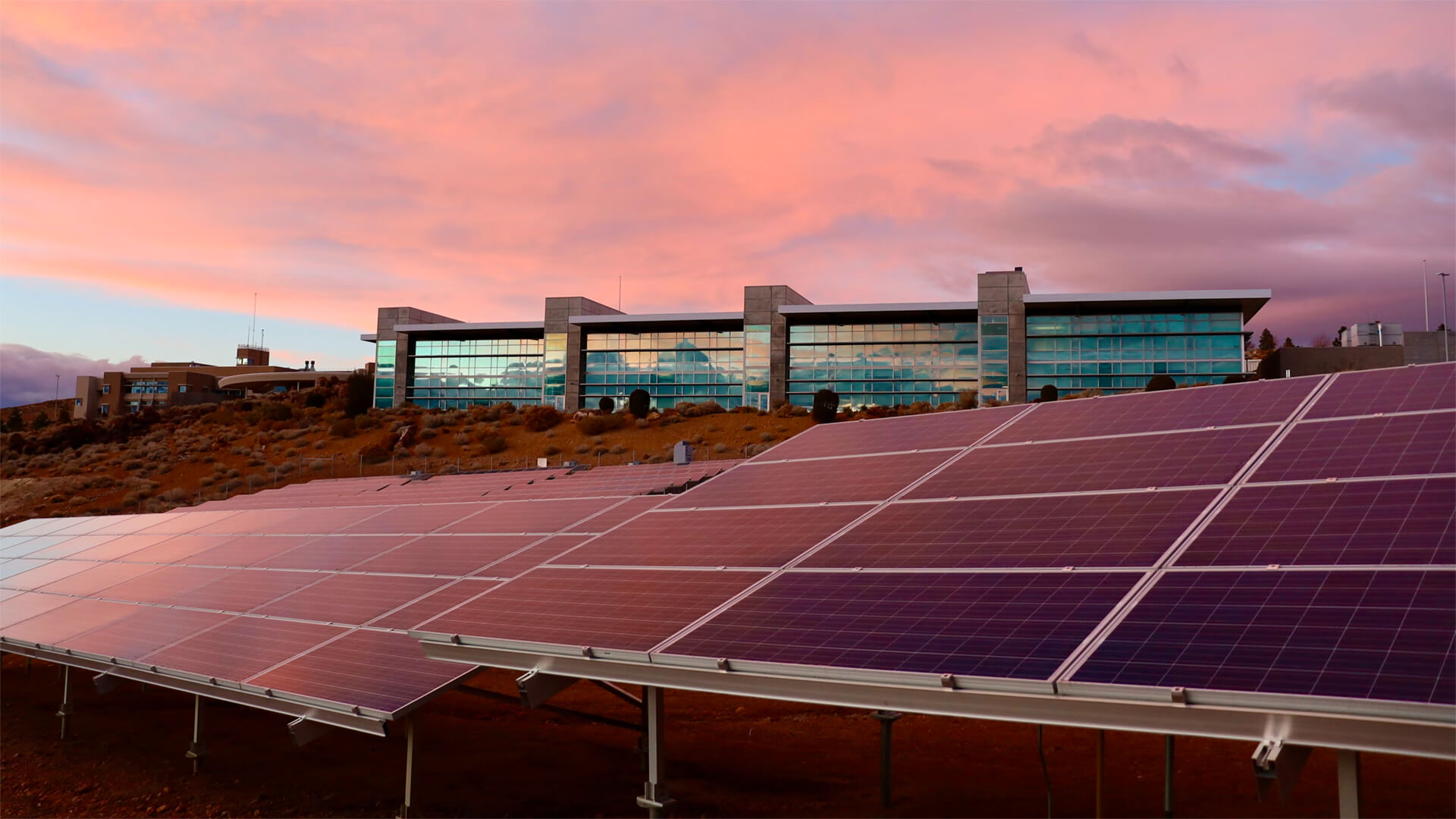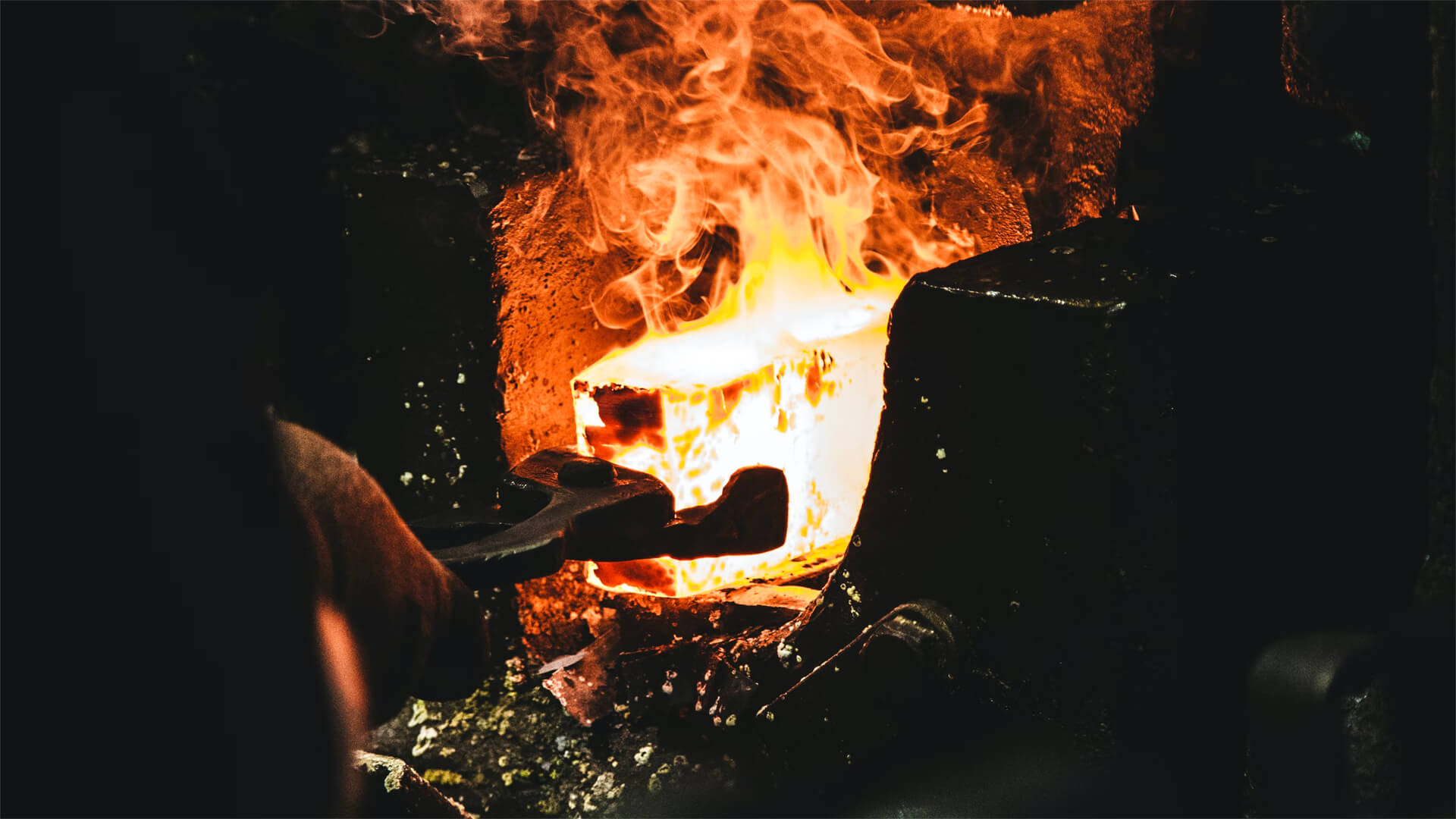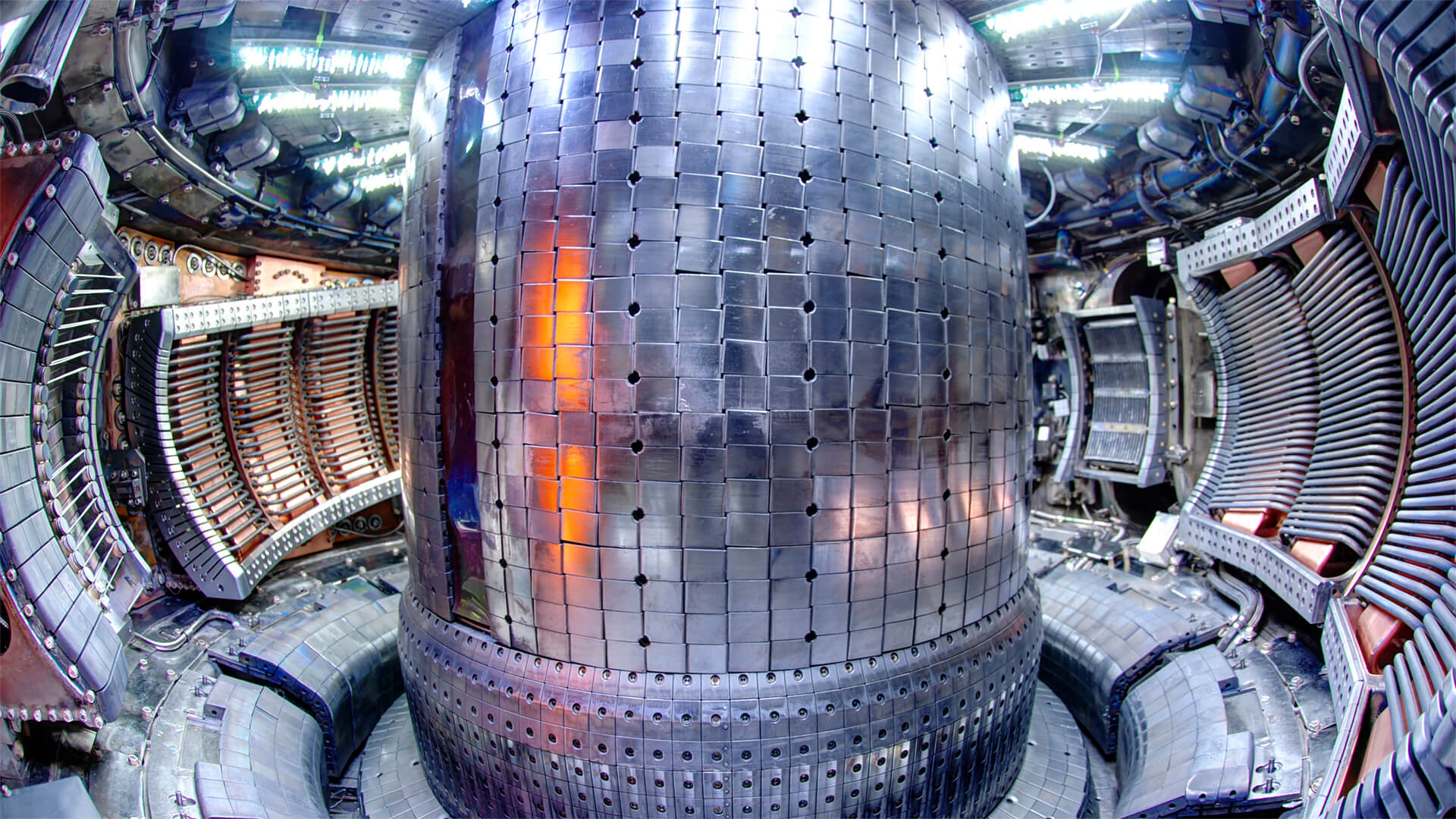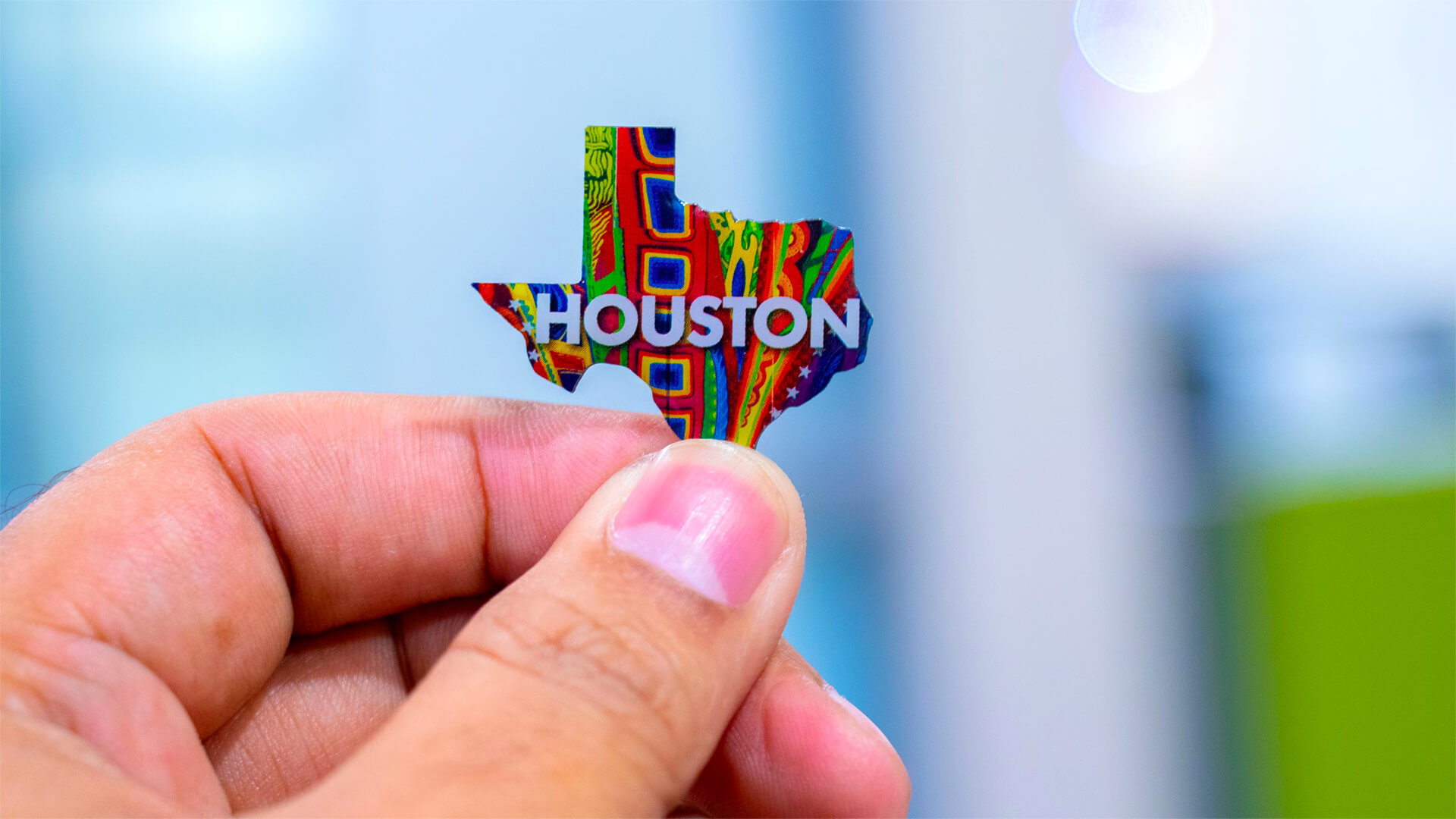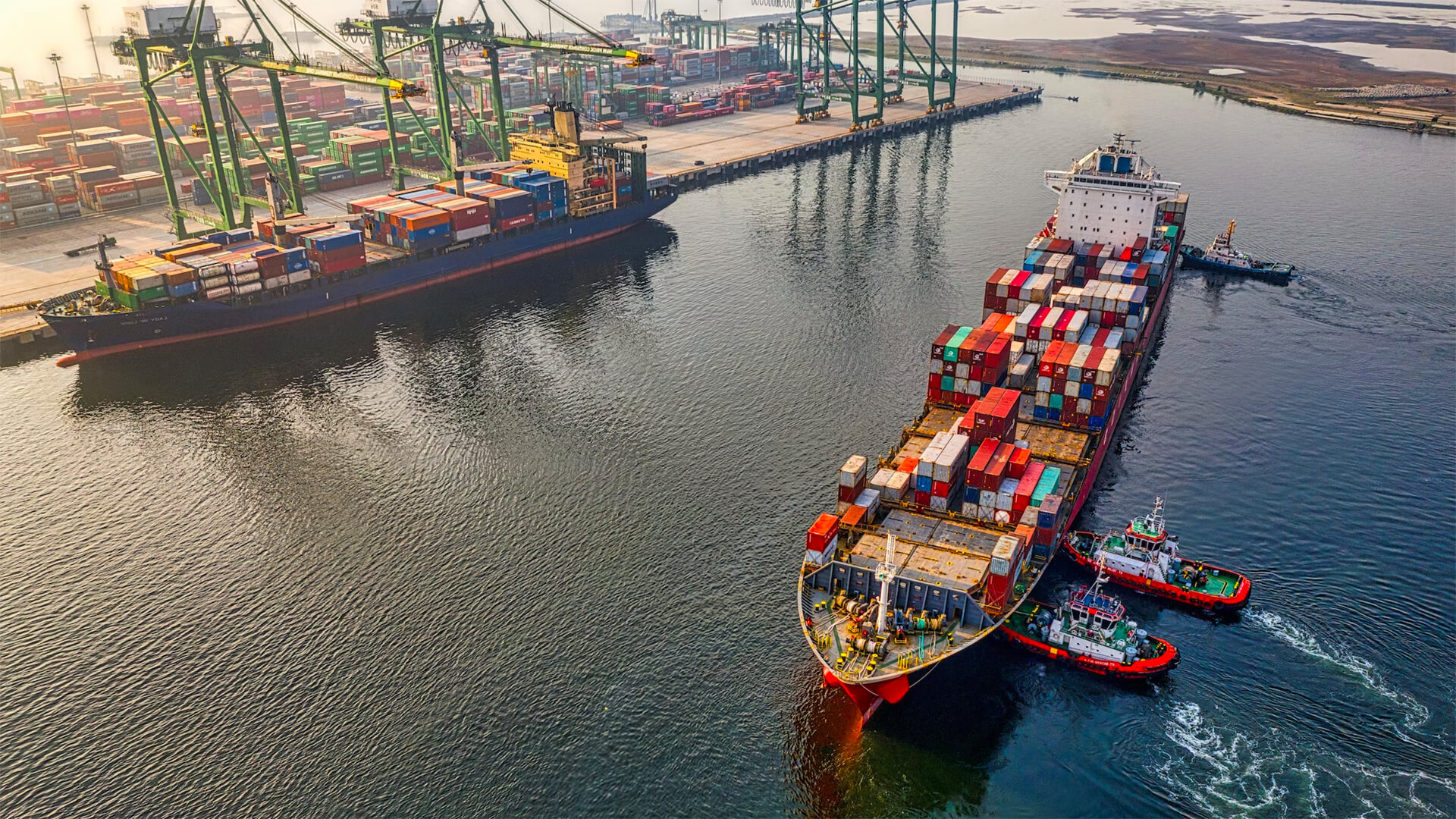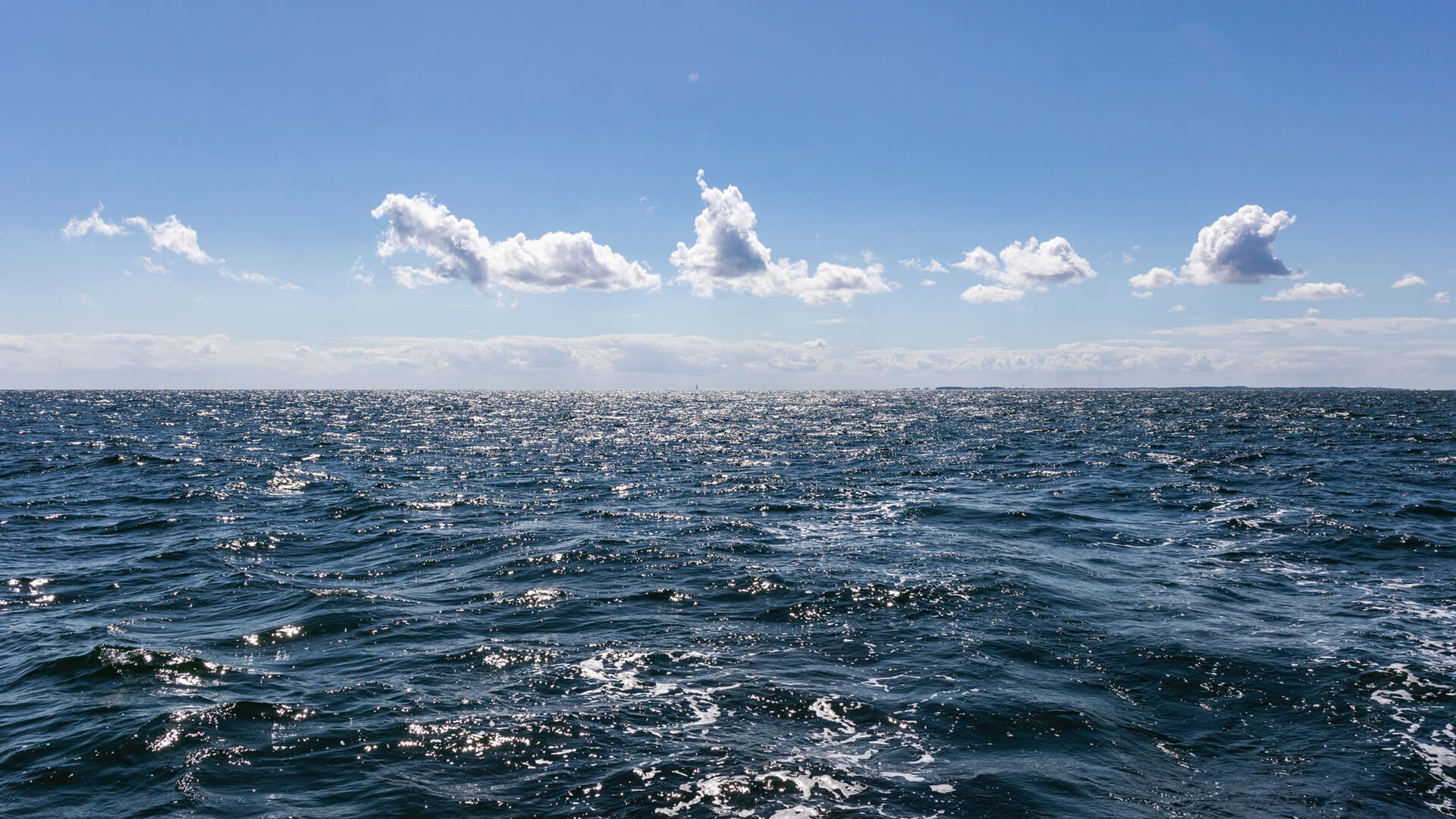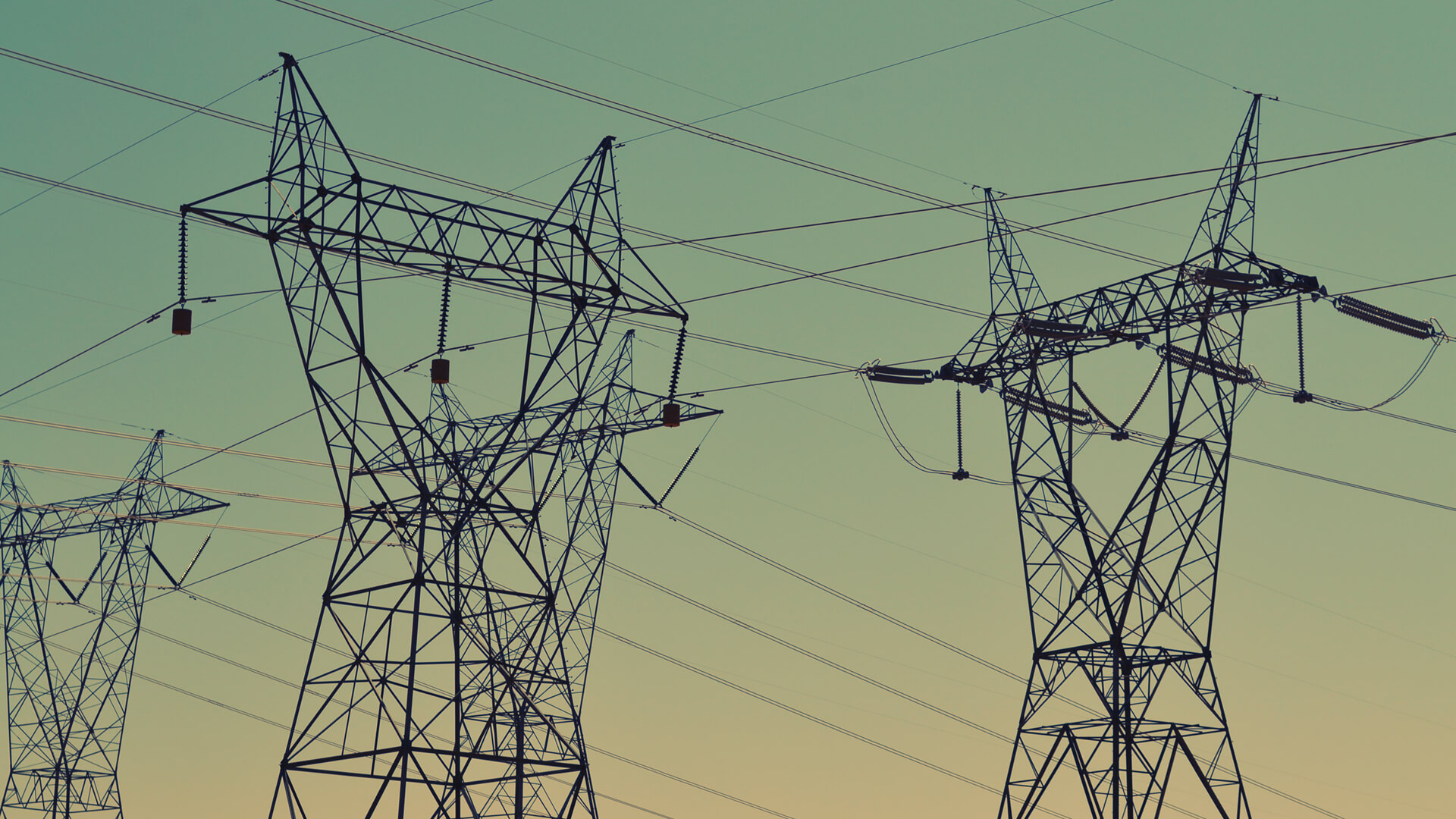For solar power to make sense, there’s one non-negotiable component…and yes, it’s that bright, shiny thing in the sky – the sun. But just because your planet has a sun doesn’t mean you should use solar power…
The best examples are places like Denver or SoCal, where the sun is out showing off most days of the year. Then you move on to places like New York, Toronto or Berlin – which have plenty of overcast days – and your case for using solar power goes out the window.
The point of all of this isn’t to say that solar power can’t be part of the energy solution, but there are still quite a few hoops we’ve got to jump through to get there.
Prefer to read the transcript of the video? Click here
Join me on Feb. 17th for the webinar – Global Outlook: One Year into the Ukraine War.
We’ll dive into the global impacts the war has had on supply chains, agriculture, and much more. After my presentation we’ll have a Q&A portion to answer all those burning questions.
Here at Zeihan On Geopolitics we select a single charity to sponsor. We have two criteria:
First, we look across the world and use our skill sets to identify where the needs are most acute. Second, we look for an institution with preexisting networks for both materials gathering and aid distribution. That way we know every cent of our donation is not simply going directly to where help is needed most, but our donations serve as a force multiplier for a system already in existence. Then we give what we can.
Today, our chosen charity is a group called Medshare, which provides emergency medical services to communities in need, with a very heavy emphasis on locations facing acute crises. Medshare operates right in the thick of it. Until future notice, every cent we earn from every book we sell in every format through every retailer is going to Medshare’s Ukraine fund.
And then there’s you.
Our newsletters and videologues are not only free, they will always be free. We also will never share your contact information with anyone. All we ask is that if you find one of our releases in any way useful, that you make a donation to Medshare. Over one third of Ukraine’s pre-war population has either been forced from their homes, kidnapped and shipped to Russia, or is trying to survive in occupied lands. This is our way to help who we can. Please, join us.
CLICK HERE TO SUPPORT MEDSHARE’S UKRAINE FUND
CLICK HERE TO SUPPORT MEDSHARE’S EFFORTS GLOBALLY
TRANSCIPT
Hey everybody. Hello from Colorado. Peter Zeihan here. Today I wanted to talk about solar. Since it’s a sunny day. I am green, but I’m a green who can do math. So I don’t get invited to really any of the green parties. Solar is great if you know, if you have one of those a sun, not just you have to have one for your planet. You have to be able to see it regularly. Solar intensity around the world varies by an order of magnitude based on where you are, and if your goal is to both generate a meaningful amount of electricity and reduce your carbon footprint. There are only a handful of places where today’s solar technology really work well.
Now I live in one of them. Denver is the sunniest city in the United States, and people like, Oh, shouldn’t that be Phenix or Dallas – no. Because there’s more things that go in there than temperature, humidity, air density, wind patterns, weather patterns. Denver sits on the Lees side of the Rocky Mountains. So it’s in the rain shadow of the largest mountain range on the continent. And it gets its weather in two phases. Either storms that blow in from the mountains or storms that blow off the Great Plains. In both cases, the storms tend to be cold fronts, so they whip through fast. They drop a lot of rain or snow and then they move on, leaving clear air behind.
If you’re in Phenix, you’re going to be dealing with a lot of particulate matter because of the dry desert nature of the place and a lot of smog. If you’re in Dallas Fort Worth, you’re dealing with humidity. There just aren’t very many places in the world that have a really good solar quotient. And in the United States, you’re pretty much talking about the California coastline into southern California and then into the desert southwest. And there’s this little hook up the east side of the front range, which is where I live. In fact, I’m one up on Denver because I’m at 7500 feet. So we regularly get snow in our valleys and fog in our valleys and Denver will get fogged in. But I am a half a vertical mile above Denver and so it is very rare for my neighborhood to be fully cloudy for a whole day. It only happens about 20 or 30 days a year as opposed to when you have an atmospheric haze, which in most populated parts of the world lasts pretty much, you know, entire seasons.
That means that my panels, if you were to put them in New York, only generate about a quarter of the power that they generate for me. Put that in Toronto you’re down to one fifth. You put in Berlin down to one sixth. As a rule, most of the human population, most notably in Southeast China or excuse me, and the East Chinese coast, Northern Europe and Northeast United States. If you put up solar panels, you are most likely generating more carbon from the creation of a panel and transmission system than you’ll ever pay down from the electricity that you generate. So you’re actually contributing to the problem rather than solving it.
Which brings us to a second problem. I live in a rural area, so I’ve got a big roof line and I have an 11.5 kilowatt solar system, which is about the maximum of the Colorado allows when you’re going to do a feed in tariff, which is a fancy way of saying that you pay into the grid with electricity, the same rate that they charge you going to get it out. It’s a great system we’ve got here in rural Colorado. Most cities don’t have that option. Number one, you’re going to have to have a more profit driven electrical system. I work with a co-op, which means they’re not going to give you as generous of feed in rates and second cities by their very definition, are densely populated. Solar, by its very nature, has to be distributed.
So, yes, if you live in a traditional single family neighborhood with homes, with sizable roof lines and a lot of south facing frontage, you may, may, be able to have a decent solar quotient for your system, especially if you live in the American Southwest or California. But if you live in a mid-rise, much less a highrise, much less in a calculated city like Chicago or New York, there’s nowhere to put the panels in the first place. You’re going to put them outside of the city, and now you’re talking about transmission costs. And if you’re in New York, you’re not going to put it outside of city of New York because that’s equally cloudy. You’re going have to go down like central Virginia. And then there’s a half a dozen major cities between you and we’re going to be pulling your power from.
It’s not that solar can’t be part of the solution. It can. But it really only works in some very specific geographies like where I live, where it works really well. For us to fix this, three things need to change. Number one, we need panels that capture more of the sun and translate more of its energy into electricity. The rate of recovery for that has been incrementally going up for a while now. There is now panels on the drawing board, not on production, on the drawing board that can capture as much as half. That’s great. A huge step in the right direction. But you also then need transmission to get it from places that are sunny and you put up your solar panels where people actually live. And to do that at scale, we’re not just talking about high voltage lines that cross state lines, we’re talking about relatively room temperature semiconductors. And for those of you been following some of my other energy work, you know, the same thing is basically basically necessary for diffusion power as well. Single large facilities that you want nowhere near a city that can transport the power over hundreds of miles if necessary.
But the third thing that’s probably going to be the most problematic in the near term, and that’s capital. When you put up a solar farm or wind farm or any sort of green tech, you have to pay for it up front, which means you have to finance it. If you’re putting up a coal and natural gas plant, most of the cost of operating that plant over its lifespan is in fuel. So you pay for that as you go. The financing needs are not nearly as much. And with the baby boomers moving into mass retirement and liquidating all of their high velocity capital, all their stocks, all their bonds, everything is going into T-bills and cash. And the volume of capital that is available to finance green tech projects just isn’t going to be there at the scale we’ve become used to. And that’s not just for green tech. That’s for everything from car loans to borrowing to pay for super carriers, everything is going to get more expensive to finance. And since green tech must be financed upfront, it is going to be the economic subsector that’s probably going to suffer most dramatically over the next few years. Unless the technology changes, you change the technology on me. I reserve the right to change my mind.
Alright. That’s it for me. Until next time.


